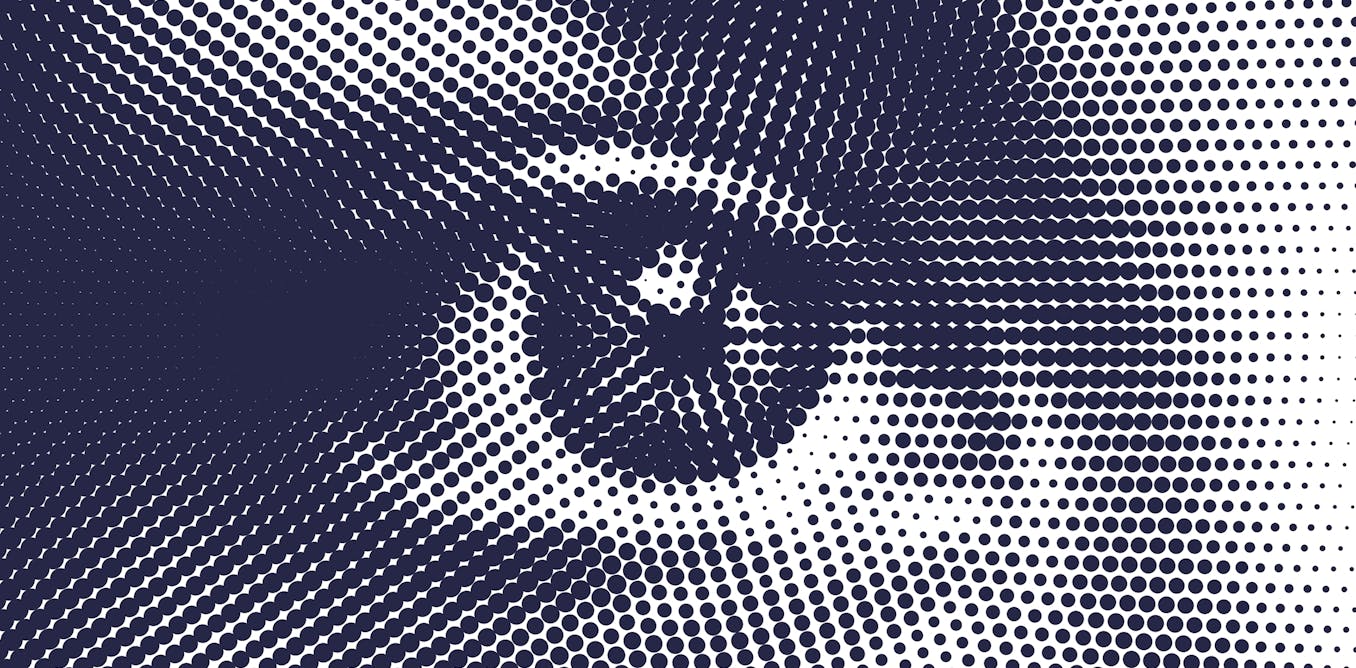We are constantly fed a version of AI that looks, sounds and acts suspiciously like us. It speaks in polished sentences, mimics emotions, expresses curiosity, claims to feel compassion, even dabbles in what it calls creativity.
But what we call AI today is nothing more than a statistical machine: a digital parrot regurgitating patterns mined from oceans of human data (the situation hasn’t changed much since it was discussed here five years ago). When it writes an answer to a question, it literally just guesses which letter and word will come next in a sequence – based on the data it’s been trained on.
This means AI has no understanding. No consciousness. No knowledge in any real, human sense. Just pure probability-driven, engineered brilliance — nothing more, and nothing less.
So why is a real “thinking” AI likely impossible? Because it’s bodiless. It has no senses, no flesh, no nerves, no pain, no pleasure. It doesn’t hunger, desire or fear. And because there is no cognition — not a shred — there’s a fundamental gap between the data it consumes (data born out of human feelings and experience) and what it can do with them.
Philosopher David Chalmers calls the mysterious mechanism underlying the relationship between our physical body and consciousness the “hard problem of consciousness”. Eminent scientists have recently hypothesised that consciousness actually emerges from the integration of internal, mental states with sensory representations (such as changes in heart rate, sweating and much more).
Given the paramount importance of the human senses and emotion for consciousness to “happen”, there is a profound and probably irreconcilable disconnect between general AI, the machine, and consciousness, a human phenomenon.



If you don’t think humans can conceive of new ideas wholesale, then how do you think we ever invented anything (like, for instance, the languages that chat bots write)?
Also, you’re the one with the burden of proof in this exchange. It’s a pretty hefty claim to say that humans are unable to conceive of new ideas and are simply chatbots with organs given that we created the freaking chat bot you are convinced we all are.
You may not have new ideas, or be creative. So maybe you’re a chatbot with organs, but people who aren’t do exist.
Haha coming in hot I see. Seems like I’ve touched a nerve. You don’t know anything about me or whether I’m creative in any way.
All ideas have basis in something we have experienced or learned. There is no completely original idea. All music was influenced by something that came before it, all art by something the artist saw or experienced. This doesn’t make it bad and it doesn’t mean an AI could have done it
What language was the first language based upon?
What music influenced the first song performed?
What art influenced the first cave painter?
You seem to think that one day somebody invented the first language, or made the first song?
There was no “first language” and no “first song”. These things would have evolved from something that was not quite a full language, or not quite a full song.
Animals influenced the first cave painters, that seems pretty obvious.